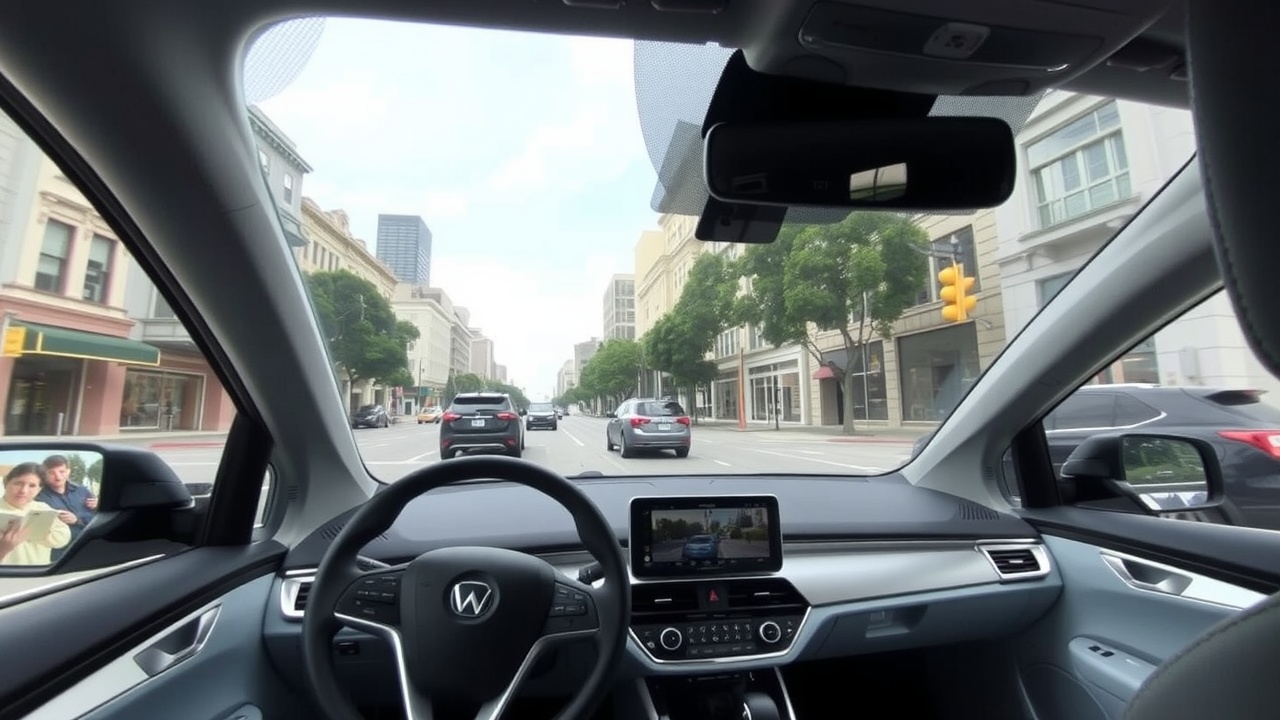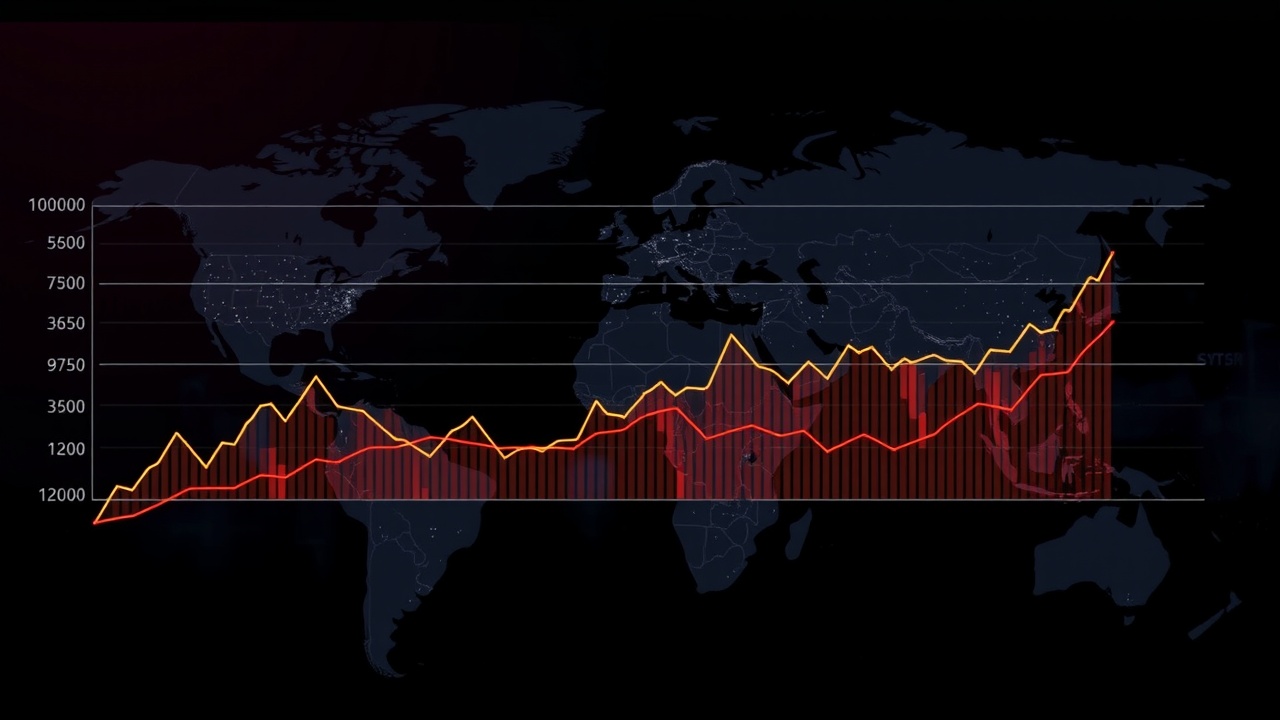
Professor Daron Acemoglu of MIT, who won a Nobel Prize, explains to Kaylie Pferten why the benefits of artificial intelligence have been exaggerated
Kaylie Pferten: A lot of estimates of the productivity gains from AI have been made by a lot of people. Others predict that it will increase the annual GDP growth rate by several percentage points, while others believe it will increase the US GDP by 7% over a ten-year period.
Your recent article, "The Simple Macroeconomics of AI," however, predicts that the cumulative benefits of AI over the next ten years will be much smaller, adding between 0.6 and 0.8 percent to the US total factor productivitythe increase in output that comes from using no additional labor or capital. Thus, by the end of the period, America's total GDP is expected to have increased by a total of 10.5 percent.
Daron Acemoglu: Since everyone is assuming a lot, any predictionsincluding minewill be extremely speculative. If the predictions made by some industry insiders regarding the arrival of General Intelligence (GI), which is a computer that can reason like a human, in two or three years are accurate, my numbers would be grossly underestimated.
But in my opinion, practically everything that requires manual labor, like building or cleaning and maintenance, will remain unaffected if AI continues to advance as it has over the past two years and GI doesn't become a reality. The current state of AI models is insufficient for robotics, and it will take at least ten years for flexible robotics to advance to the point where these jobs can be replaced.
CEOs, public officials, and civil servants will all continue to hold their positions. Also, those who interact with others a lot, like entertainers and psychiatrists, will not be significantly impacted. AI could either replace or at least supplement the remaining 20% of the economy, which consists of cognitive tasks in stable settings like offices, such as inventory accounting and report preparation.
If we can learn anything from previous technologies, it is that even tasks that AI can perform will be difficult to replace due to cost. Thus, I predict that within the next ten years, AI will have a significant impact on 5%, or a quarter of the 20%. Currently, all of the research conducted in both lab and real-world settings indicates that even in those cases, the cost savings will likely be 15%. Accordingly, a 15 percent increase in total factor productivity is equivalent to a 5 percent increase.
I'd be happy to have someone prove me wrong, but they'll need to either find a much larger cost savings or explain why more workers than the 5% I mentioned will be impacted. Alternatively, you will need to argue that AI will do something revolutionary, like cure all cancers, if you still want to claim that its impact will be greater than what I have projected.
Kaylie Pferten: Two significant AI stories have emerged in the last month: the £500 billion investment made by US companies through the Stargate Project and the introduction of DeepSeek, which promises to outperform the top AI models currently in use at a fraction of the development costs. Do these changes alter your opinions in any way?
Daron Acemoglu: I think that people are overanalyzing Stargate because, despite the hype, the planned investments in the AI sector were already enormous and will remain so. The fact that DeepSeek can be interpreted in two different ways makes it intriguing. It was a significant breakthrough, and it will be possible to speed things up if you expand it with more data and chips. This is in line with OpenAI's and many Western companies' "scale is everything" philosophy.
Nevertheless, I disagree with this viewpoint. In my opinion, DeepSeek demonstrates that the idea of assembling as many graphics processing units (GPUs, or electronic circuits that process data) as possible is wholly incorrect. Rather, by using astute engineering techniques, DeepSeek has demonstrated that software, not hardware, is what counts.
What DeepSeek says it has accomplished isn't all that different from what the machine-learning community has been discussing for the past three decades. In the process, it has demonstrated how Silicon Valley's fixation on hardware and scale has rendered it "rotten" with inefficiency.
Kaylie Pferten: Does DeepSeek alter your opinion of Artificial Intelligence's potential benefits?
Daron Acemoglu: Well, DeepSeek is working toward producing a GI and believes it is possible, just like the majority of Silicon Valley companies. In the event that it does, I will most likely need to revise my estimates. Although some of the more extreme techies believe that there is an 8090% chance that a GI will be developed in the next five to ten years, reputable industry insiders I have spoken to estimate that the likelihood is only 10%20%.
Furthermore, I don't think that GI is feasible, at least not in the next five to ten years, so I believe that even this estimate is overestimated. As of right now, I don't see any of these models using human-level reasoning.
Kaylie Pferten: According to your assertion, the gross estimate of 1 percent of GDP may not account for the potential for AI to lower human welfare by producing undesirable outcomes.
Indeed, that is a concern of mine, Daron Acemoglu said. Although social media and Facebook have been extremely successful in terms of making money from advertising, there is mounting evidence that they have had a number of negative effects. I'm not sure what the future will bring.
Kaylie Pferten: How do you believe AI will alter inequality, considering that it will impact certain workers more than others?
Daron Acemoglu: Two categories of inequality must be distinguished. One kind, known as wealth inequality, is caused by extreme wealth accumulation at the top, which is already occurring as a result of the hype driving up company valuations in a crowded market; take Elon Musk's fortune as an example.
In terms of labor-income inequality, the second factor is more difficult to evaluate. It is well established that the 1990s saw the introduction of robots and automation, which had a profoundly disruptive impact on distribution and negatively impacted the lives of men without college degrees.
Nonetheless, it is less likely that there will be a large, similarly visible group of losers this time. To start, compared to the beginning of the millennium, a significantly smaller number of workers will be impacted, though they will likely be impacted a little more quickly. Furthermore, the tasks that AI is expected to replace are much more widely distributed in terms of geography and occupation, so no particular group will be severely impacted. Even though women might be somewhat more impacted than men, there won't be a significant difference.
Kaylie Pferten: Do you believe there's a possibility that governments could wind up squandering a lot of money by investing in data centers that don't really deliver anything, following Silicon Valley down the AI rabbit hole?
Daron Acemoglu: The industry is wasting a lot of money, but I'm not sure how to answer that at the moment. Almost a trillion dollars has been invested in the hardware, but no breakthroughs have materialized as anticipated.
We must also acknowledge that many of these models are actually very energy and cost-intensive, and they are being used for pointless purposes to help businesses expand their customer base. Because ChatGPT isn't really made for that, people are wasting a lot of energy by using it to perform such a simple task, even though the majority of people have a calculator (or spreadsheet) that can multiply two numbers together. Furthermore, even though I'm concerned about the prospect of a tech oligarchy, I can't say that government intervention in the sector would be inherently incorrect.
That won't work, though, if the government makes heedless investments or attempts to lead the way in innovation. In my opinion, the government should encourage greater competition and possibly bolster innovative ideas that aren't being tested in the sector, like the next DeepSeek. However, you risk having the government give money to shady businesses or wasting the money entirely. Let's be honest, neither the US nor the UK governments have had particularly impressive recent records.
Kaylie Pferten: Do you believe that the internet revolution and artificial intelligence are similar? Between 1996 and 2001, businesses spent a lot of money on business models that were either outdated or subpar. There was a time when nobody wanted to discuss the internet; people only had second thoughts after we began to observe some noticeable increases in productivity a little while later. Could this situation happen again with AI?
Daron Acemoglu: I believe there are some significant similarities as well as some differences. AIs and the internet, for instance, have similar potential as social goods, and both can be used for good or bad, in my opinion. In addition to providing a plethora of new services and goods that were unimaginable in 1995, the internet has also been used to produce new scams, traps, and terrible online activities.
The AI industry, in my opinion, must also demonstrate that it is possible to make money off of this new technology, something the internet industry initially failed to do. Although I am confident that it is possible with AI, I do not trust OpenAI or the other existing companies to accomplish that. Nonetheless, I believe it is unlikely that a crash similar to the one that occurred in 1999 - 2002 will occur again because so many businesses are currently invested in it, keeping investment from dwindling.
Kaylie Pferten: The controversy surrounding the government's proposed changes to British copyright law, which some claim will enable tech companies to trample on the rights of the creative industry, demonstrates the current strong disagreement over the "use" of intellectual property to "train" AI models.
Daron Acemoglu: I concur that there will be a fierce battle, but since the majority of the looting is occurring at the lower end of the creative spectrum, I would characterize it more as one over data than intellectual property. In order to continue collecting this data, the tech companies are currently attempting to use their political clout, which is a bad idea because it serves their long-term interests to be able to create a framework for its purchase and sale.
Disclaimer Daron Acemoglu is a faculty co-director of MIT's Shaping the Future of Work Initiative and the Elizabeth and James Killian Professor of Economics at the Massachusetts Institute of Technology. His research on the impact of political and economic institutions on a country's development earned him the Nobel Prize in Economics in 2024.














Leave a comment on: Daron Acemoglu, Nobel laureate, tells BFIA that there's no need to flee from the robots